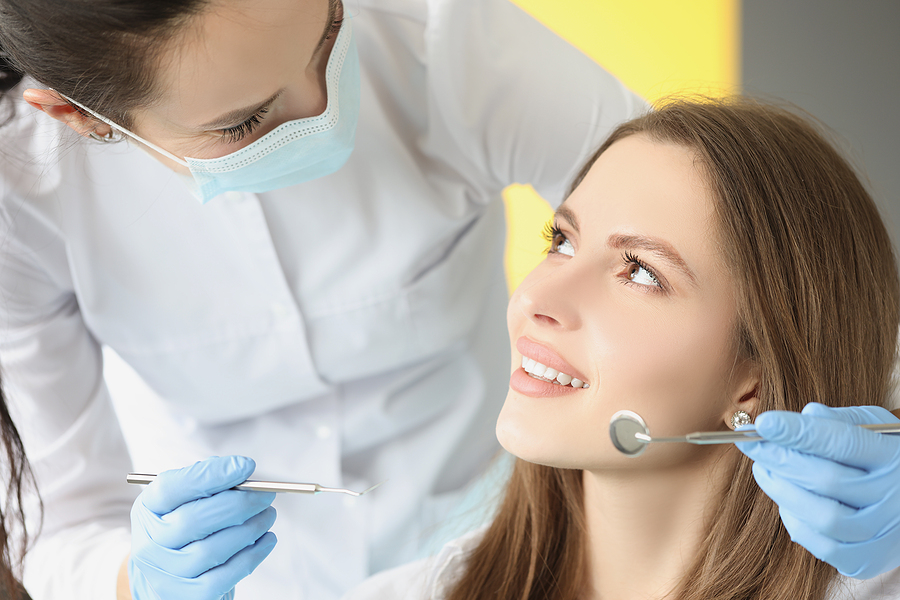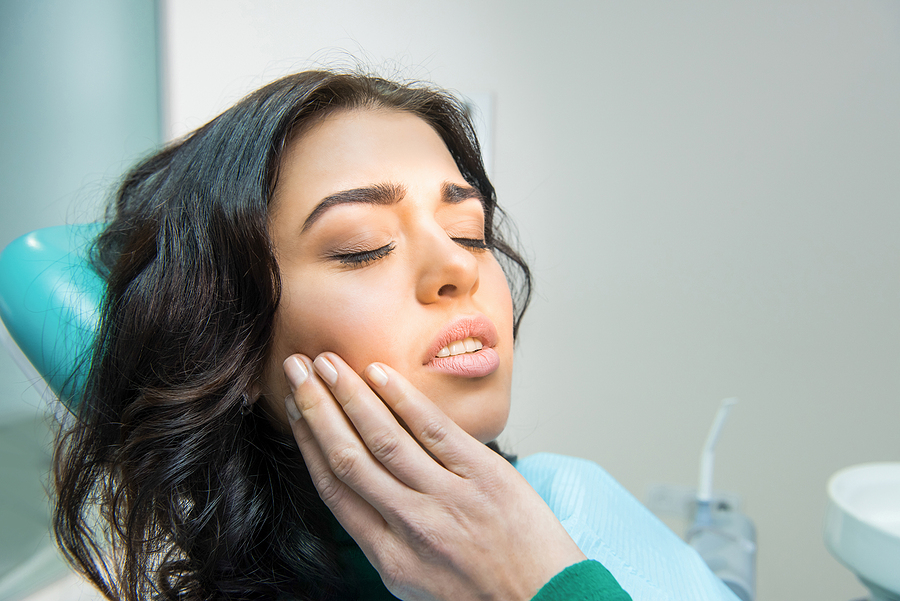Posted by DENTAL HEALTH PC on Feb 11 2021, 10:06 AM
Oral care for infants has two main elements: preventative care at home and preventative care at the pediatric dentist's office. Cavities and tooth decay in infants and toddlers have become more prevalent in recent years. However, it is essential to keep baby teeth clean and healthy because they hold spaces open for the permanent teeth to come in. Therefore, a good dental strategy is required to eradicate the risk of cavities and decay in infants.
Preventative oral care thus focuses on examining and preserving the health of the child's teeth. It is important to care for your child's teeth and dental health at home from their birth. American Dental Association (ADA) recommends that children should have their first pediatric dentist visit for checkups when they are twelve months old and continue to visit the dentist every six months unless instructed otherwise.
During the routine dental checkups, the pediatric dentist examines your child's teeth for signs of early decay, monitors orthodontic concerns, and tracks tooth development. Besides, the pediatric dentist will advise the parents with necessary measures to reduce further the child's risk for dental problems, such as topical fluoride and dental sealants.
The pediatric dentist will examine the child's mouth and clean the teeth, and will coat topical fluoride onto the teeth to protect tooth enamel if needed. He will also address your parental concerns, if any, and will help you with good brushing and flossing techniques, advise parents on dietary issues, and provide strategies for thumb sucking habits and pacifier cessation.
When molars emerge, the pediatric dentist may coat them with a dental sealant that covers the hard-to-reach fissures, sealing out bacteria, food particles, and acid.
The following practices are recommended to be followed at home by parents to ensure that their kids' oral and dental health is properly taken care of. Most parents think only of brushing and flossing when they hear the words "oral care." However, preventative dental care includes many more factors, that includes the following:
Your child should be taken to a pediatric dentist when he or she is one year old. This should be followed with regular "happy teeth" checkups to make sure the teeth stay healthy.
If you have any doubts or questions regarding infant dental care, call us or schedule an appointment online.
.

How Restorative Dentistry Can Improve Your Quality of Life

The Comprehensive Health Benefits of Investing in Cosmetic Dentistry

The Science Behind Root Canal Therapy: How It Saves Your Tooth

Does a Root Canal Hurt? Debunking Common Myths About Pain

Beyond Beauty: The Functional Advantages of Cosmetic Dentistry You Didn't Know About
Monday : 8:00 am - 5:00 pm
Tuesday : 8:00 am - 5:00 pm
Wednesday : 8:00 am - 5:00 pm
Thursday : 8:00 am - 5:00 pm
Friday : Closed
Saturday : Closed
Sunday : Closed